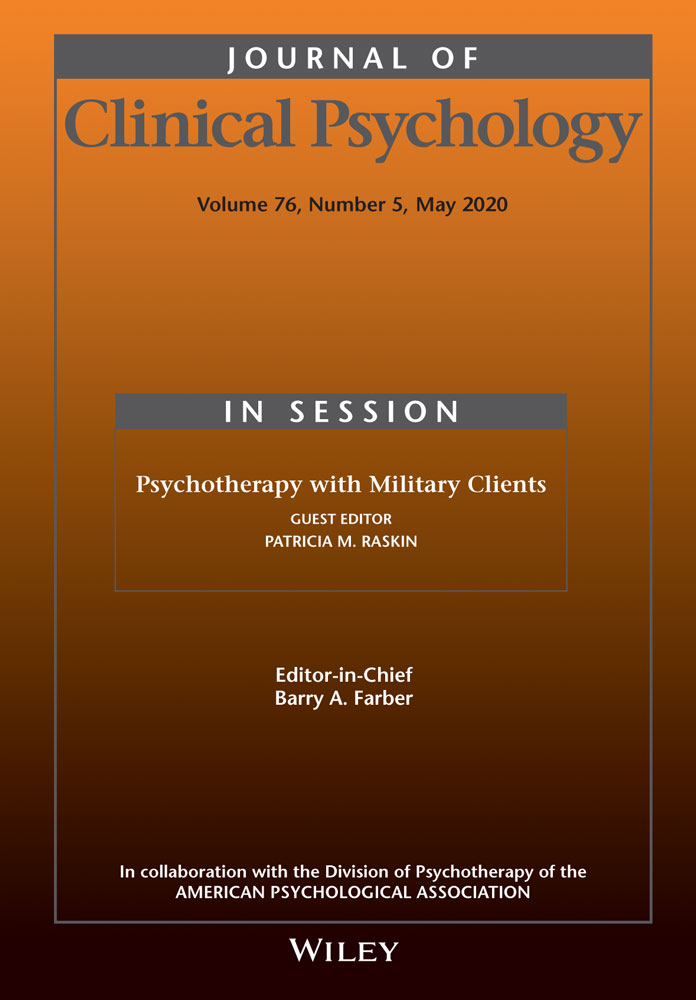Challenging the patient and therapist during evolving phases of a veteran's treatment within a strong public–private partnership
Abstract
Veterans Health Administration (VA) Medical Centers provide excellent care for many veterans. However, there are a number of veterans who are ineligible or choose not to access mental health treatment at the VA. To meet the needs of those veterans and of military family members, private centers have emerged to fill in gaps where care is unavailable or scarce. This paper describes how one such center, the Steven A. Cohen Military Family Center at NYU Langone Health, partnered with the local VA hospital to give one veteran ineligible for free mental health services the care he desperately needed. The case demonstrates the transformative work that can take place when public–private partnerships are forged and evidence-based treatments can be provided in a flexible way. It also illustrates the complexity of many veterans' presentations, which in this case required the therapist to continually challenge her conceptualization as she and the patient navigated different phases of his treatment.




